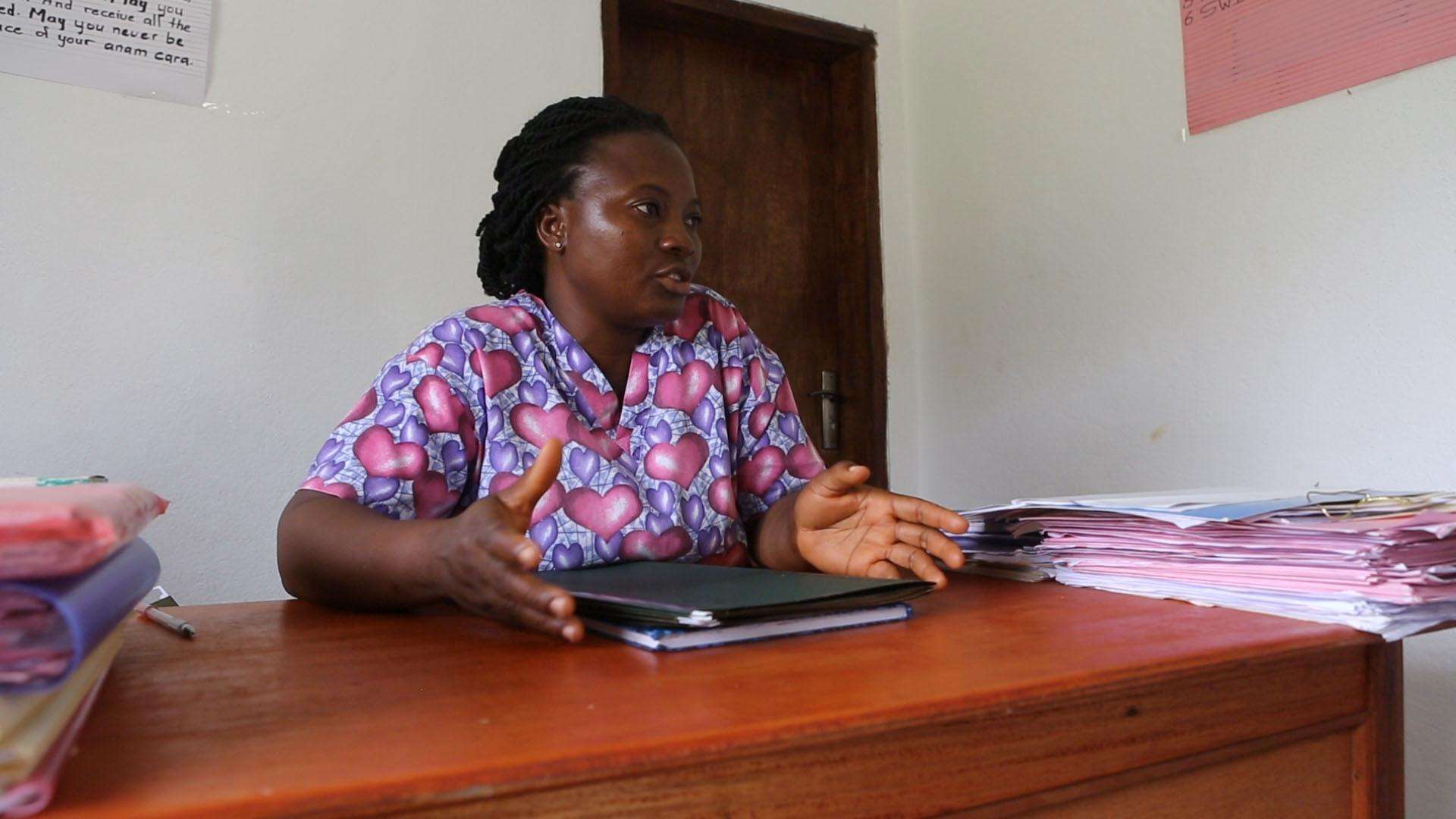MONROVIA, LIBERIA—The international medical humanitarian organization Doctors Without Borders/Médecins Sans Frontières (MSF) is working with Montserrado County health authorities to provide mental health and epilepsy treatment in four areas of the county.
This initiative, which began a year ago on September 4, 2017, currently provides treatment to more than 900 patients with conditions including psychosis, depression, anxiety disorders, and epilepsy. Treatment is provided to patients free of charge in primary health centers in Bensonville, Bromley, Clara Town, and Pipeline.
"We are working in partnership with the Ministry of Health staff and community volunteers," said Florence Boisliveau, MSF project coordinator. "Our medical team provides technical and clinical guidance, and we provide a portion of the medications in the participating medical facilities. Our objective is to build the skills of clinical staff so that in the future they will have the expertise to continue to offer quality care for persons suffering from mental health conditions."
There is a growing recognition of the need for mental health and epilepsy services in Liberia. Last year, the government adopted a national Mental Health Act, aimed at protecting the rights of people with mental disorders and disabilities and providing services.
However, mental health and epilepsy patients in Liberia continue to face many challenges. Many have not previously received a diagnosis for their condition or an appropriate medical treatment, which may include medication.
Without medical treatment to address a patient's symptoms, some families have resorted to extreme measures to keep them at home—in some cases, even restraining a person with chains.
"A 32-year-old psychotic patient had been chained for months when an MSF medical team first visited him," said Emmanuel Ballah, MSF mental health activity manager. "His family had put him in chains out of desperation, because they did not know what to do about his sometimes violent behavior. However, through appropriate psychiatric evaluation, counseling, and medication, we have helped this patient and his family manage his condition without resorting to the tragic and harmful practice of putting him in chains."
Stigma continues to be a major challenge for people with mental illnesses or epilepsy. Those who suffer seizures are sometimes misunderstood as posing a risk to others, discouraging their participation in school or in the work force.
"It is essential that we help patients, families and communities understand that mental health conditions and epilepsy can be effectively treated, and that patients can lead normal, healthy lives with dignity, as full members of the community," Boisliveau said.
MSF worked in Liberia from 1990 until 2009, and then returned in 2014 to respond to the Ebola epidemic. Today, in addition to the mental health and epilepsy program, MSF runs a pediatric hospital in Monrovia, Bardnesville Junction Hospital.




